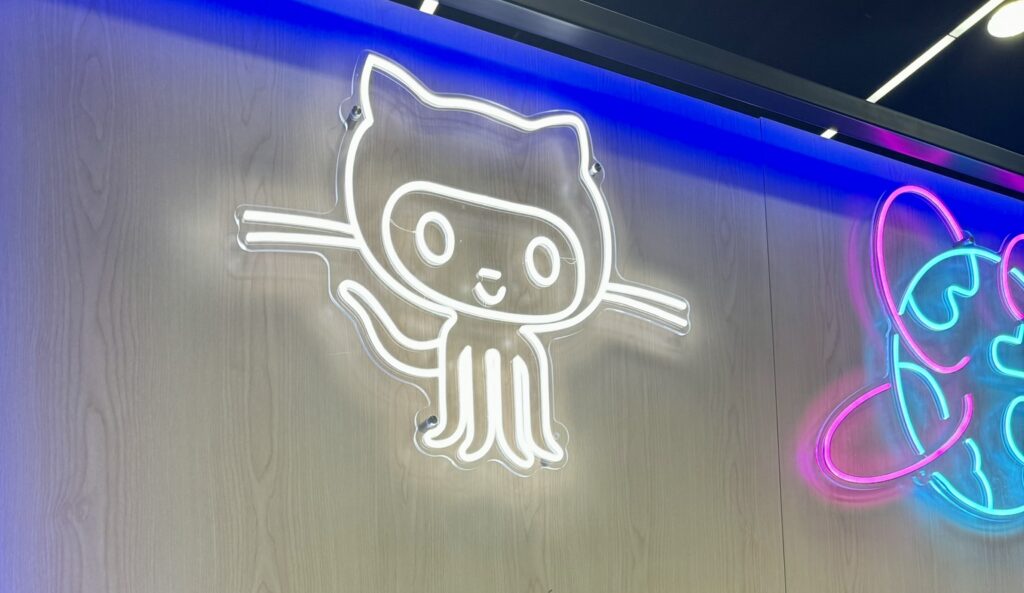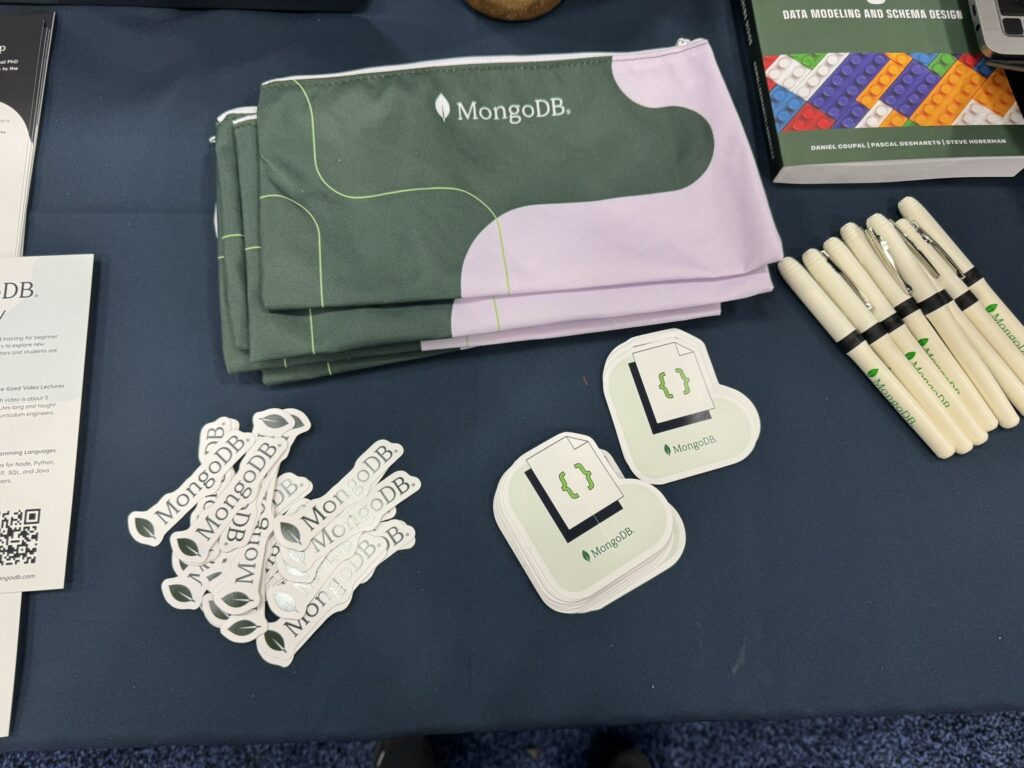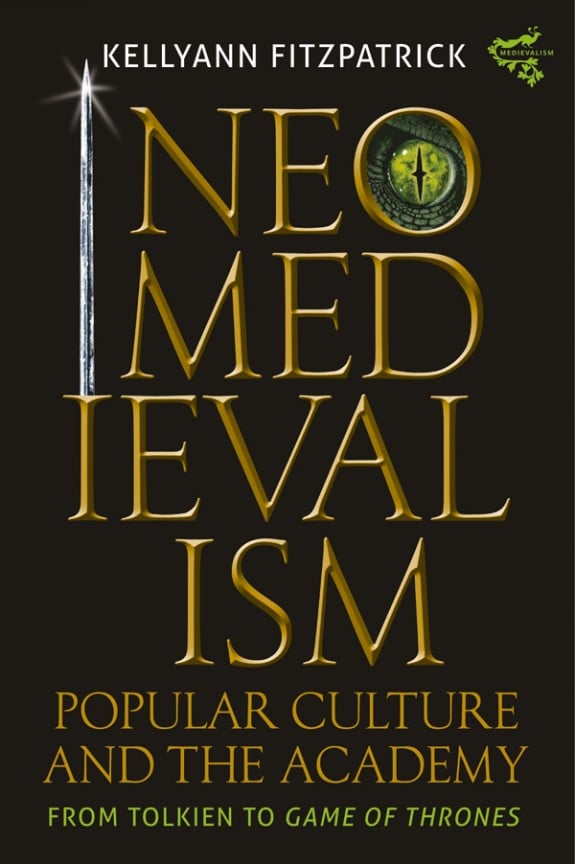A few weeks ago I had a chance to attend the 2024 SIGCSE Technical Symposium (“SIGCSE 2024” for short) in Portland, OR. I attended as part of my work for Georgia Tech’s School of Computing Instruction, and while in the past I have written on some of the differences between academic and tech industry events, the purpose of this post is to briefly share some notes on what I found interesting from an industry perspective.
About SIGCSE 2024
This event is run by the Association for Computing Machinery (ACM) Special Interest Group on Computer Science Education (SIGCSE), and takes place at a different location each year. As one of a number of events SIGCSE runs (I will be attending another–ITiCSE 2024 in Milan–later this year), its focus was on computer science education (CSEd). Ergo many of the attendees were computer science instructors ranging from K-12 to postsecondary institutions. Taking place as a hybrid of in-person and online sessions, the conference included multiple plenary sessions, panels, lightning talks, poster presentations, and birds-of-a-feather sessions.
While I have previously engaged with the ACM SIG on Design of Communication (SIGDOC) (see notes on a prior conference and a conversation that Kate Holterhoff and I filmed with some of our technical communication colleagues), this was my first SIGCSE event. In addition to co-presenting a session, I also served as a reviewer for the lightning talk sessions (and if anybody out there wants to chat about EasyChair, I have thoughts).
Why I was there
I co-presented a birds-of-a-feather session on Sourcing Projects for CS Capstones: Challenges and Strategies. The session came out of past experiences with Georgia Tech’s Computer Science-Tech Comm Junior Design Capstone course series; I’ve done a series of posts on this topic, but this one will give you an overview of the course and where client-based projects fit in.
This write-up (by one of my excellent Georgia Tech colleagues) has more details on the session itself, but one of my takeaways was that while project-based CS capstone courses benefit from engaging with industry clients and sponsors, such collaborations introduce complexity around areas such as intellectual property, project continuation, and consistent difficulty and quality of prospective projects. These issues can be exacerbated by institutional silos that prevent faculty from sharing their experiences with each other (something this session was intended to help mitigate), but also by the varied expectations across different industry partners.
Expo and sponsors
As I do at industry events, I made sure to check out the conference expo floor. While the SIGCSE expo was very modest (compared to, say, AWS re:Invent standards), I found it to be worth my time (and it was also the only place to access the free conference coffee).
Upon entering the show floor I was immediately greeted by the GitHub Education booth, complete with very eye-catching Octocat decor.

Across the aisle: MongoDB, with some solid sticker and mini-swag options.

It is worth noting that MongoDB is one of the technologies included in GitHub’s Student Developer Pack, which made this booth arrangement feel nicely cohesive. And it seems that I have been an industry analyst long enough that I took immediate comfort in being greeted by these familiar technologies before proceeding to some of the more CSEd-specific vendors, and then to the poster session that was located beyond the booths (but after the coffee).
While the SIGCSE2024 site has a full list of sponsors with logos, I include the list here for posterity (and folks in the tech industry will see some familiar names):
Platinum Sponsors
- Microsoft
- NSF (the National Science Foundation)
Gold Sponsors
- Rephactor
- Codio
- GitHub Education
Silver Sponsors
- MongoDB
- ABET (Accreditation Board for Engineering and Technology) which (among other things) sets accreditation standards for college-level STEM programs (including computing disciplines such as computer science).
Supporter sessions (and GenAI)
SIGCSE sponsors have the opportunity to run one or more sponsored “supporter” sessions, and for me this was perhaps the most interesting part of the program (and you can see all supporter sessions in the SIGCSE 2024 agenda).
Unsurprisingly, many of these sessions addressed the role of generative AI in CSEd. Among these, the most tool-specific were sponsored by GitHub with two sessions on Copilot:
Supporter Session Teaching CS100 with Copilot
In this workshop, we will demo how to create a CS100 assignment using GitHub Copilot. Teachers will be able to choose their language of choice, plug-in a course outcomes rubric, and other various details they are interested in including and Copilot will help generate a CS100 level assignment for their course. We will show how to publish this assignment and as students accept and submit, we’ll show how Copilot can help create detailed, in-line comments and deliver feedback on the student’s PR to help ease the load of grading and course creation.
and
Making the most of GitHub Copilot in your computer science courses with Rob Crystal-Ornelas, PhD (Data Analyst) and Zenara Daley (Senior Software Engineer)
In this hands-on workshop, participants will learn how to leverage GitHub Copilot to help with everything from designing a syllabus to creating and grading assignments. We’ll walk through how to install Copilot on your computer, and then start using the AI pair-programmer to build out documents, assignment questions, and slides. The workshop also includes time for a breakout sessions where educators can share learnings and surface questions about using copilot in the classroom.
Google took a much broader approach in its sponsored AI session:
GenAI and the Future of Computing Education
As we look towards the future of computing education, Artificial Intelligence (AI) is set to transform learning, teaching and assessment. At Google we are committed to ensuring the benefits of new technologies are universally accessible and useful. Given the current inequities in the computing education ecosystem, it is critical to support academic research on how and to what extent AI will impact computing in primary, secondary and higher education (at a systems-level) and pedagogical innovation. We will be presenting research on how GenAI is impacting equity in the K-16 educational landscape.
Microsoft framed one of its sponsored sessions as addressing degrees and credentials, yet also centered AI technologies:
Degrees + Credentials—preparing students for the skills-first job marketplace and what this means for changes in CS education
AI is accelerating the pace of change in the job market and employers are looking for demonstrated knowledge of skills in addition to degrees from candidates. Hiring managers want to see evidence of skills and competencies that are relevant and applicable to the roles they are hiring for. Learn how Microsoft is enabling institutions and educators to bring in AI, cloud, and security technical skills into the classroom in ways that allow educators the flexibility of how they adopt these teaching tools and result in students having Microsoft-validated credentials to highlight the skills they have learned to complement the degrees they have earned.
While Codio (a platform form computing and tech skills education) made GenAI the centerpiece of a session on CSEd opportunities and challenges:
A Panel of Leading Educators Discussing the Major Challenges and Opportunities in CS Education
Join an engaging panel discussion, including Professor Armando Fox of UC Berkeley and Assistant Practice Professor Eric Fouh of UPenn, to discuss computing education’s significant challenges and opportunities. This session aims to unpack key aspects of contemporary computer science education, including:
- Academic integrity challenges: Is ChatGPT the new “Chegg Problem?”
- Should we embrace or resist incorporating generative AI into the curriculum?
- Increasing student-to-teacher ratios: How do we improve retention and diversity in computing?
- Ensuring career readiness: How can we set students up for success?
- Leveraging learning data for research, curriculum refinement, and student progress tracking
- How do we scale computing education without compromising the integrity of the learning experience?
The increased availability of computing-specific GenAI tools such as AI-driven code assistants will continue to drum up questions around the role of such tools in educative settings. Taking steps to win over educators (both in principle and in providing very specific adoption practices) can go a long way in getting these tools in front of computing students early on. However, based on casual conversations I had at the event, educator responses to these sessions varied greatly and included a) eye-rolling at blatant product placement b) genuine curiosity at how to best incorporate such tools into curricula c) rage at vendors for enabling seemingly unfettered student access to such tools d) interest in how such tools can be used to make grading more efficient.
This has all given me a lot to think about in terms of the roles students and educators play in tech adoption in educative settings: settings that introduce complicating factors such as institutional norms, access, curricula, and honor code/ethics restrictions. I suspect that tech vendors who hope to make their mark in this space would be wise to consider these issues as well.
Disclosure: AWS, GitHub, Google Cloud, Microsoft, and MongoDB are all RedMonk clients.

No Comments